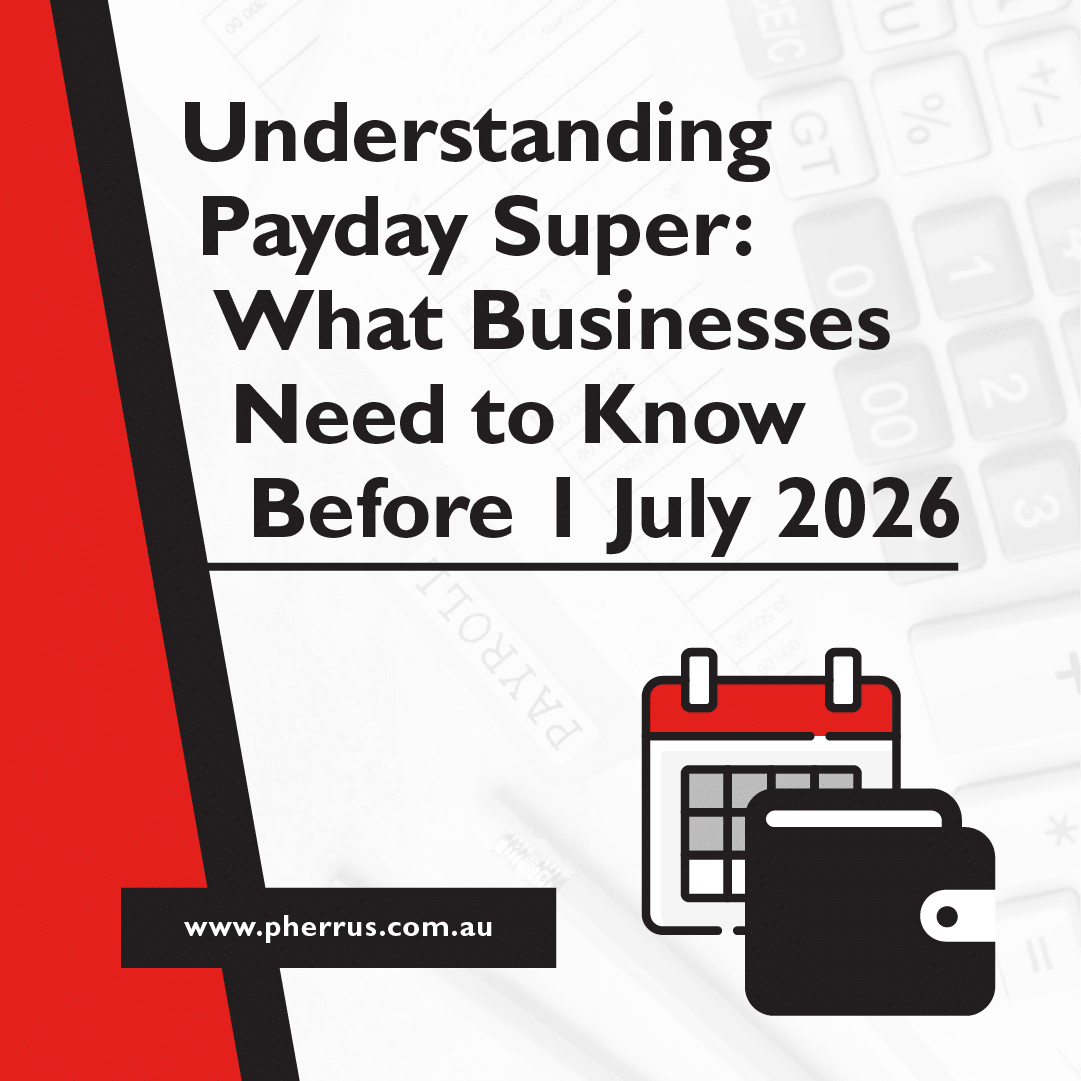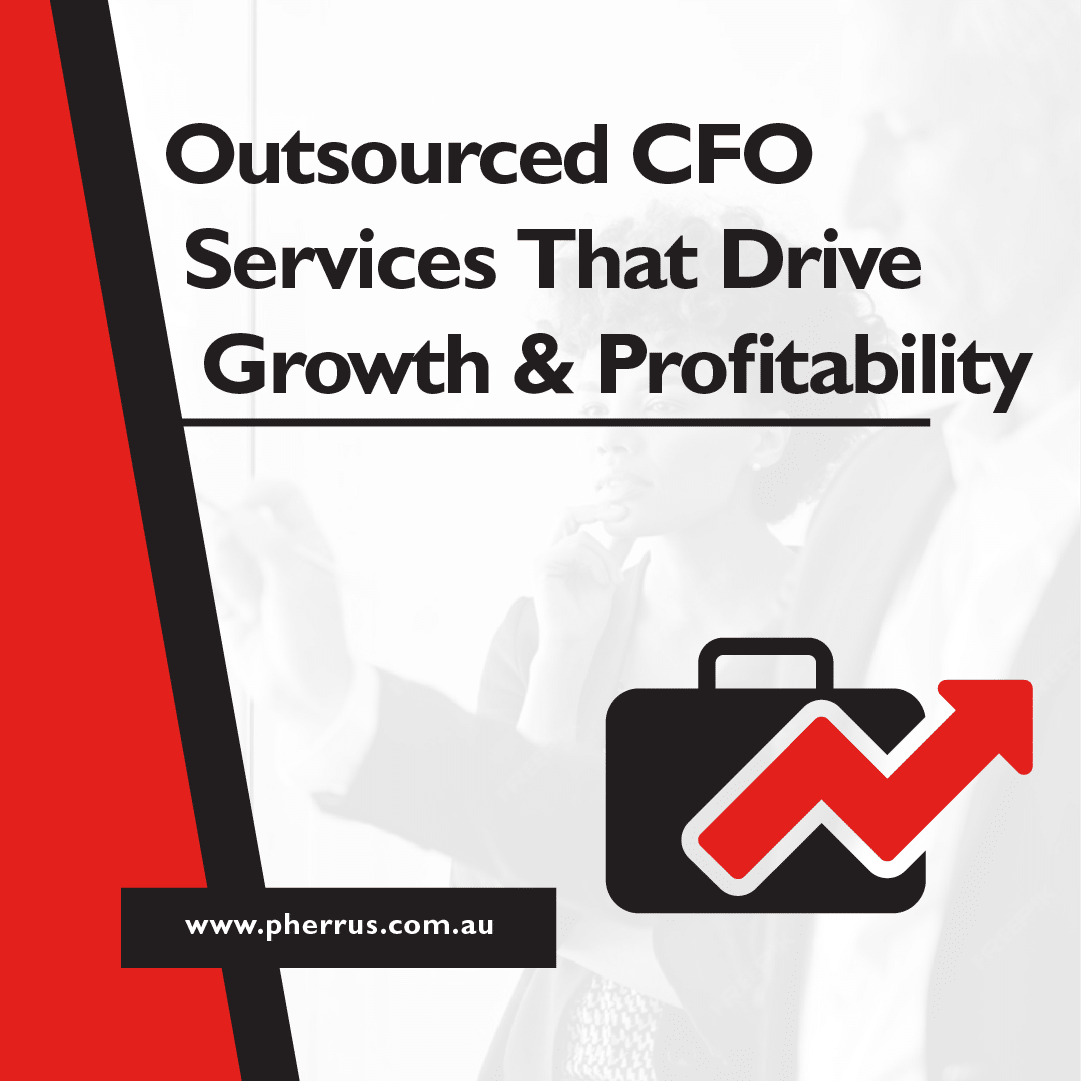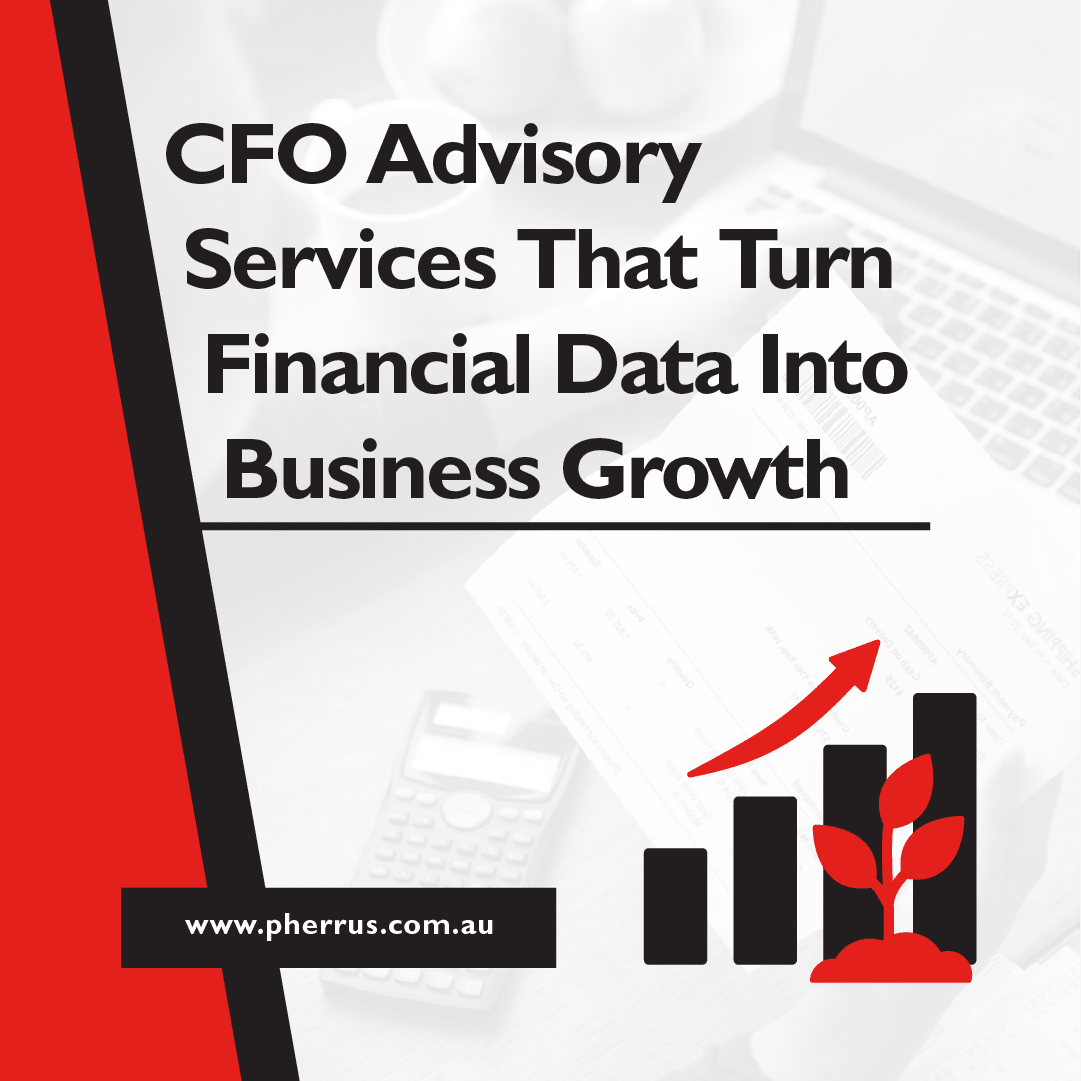Small businesses often have a love-hate relationship with the Goods and Service Tax – and with good reason. If you ignore it, the Australian Taxation Office can demand more tax from you regardless of whether your bottom line can take the hit. What is GST? Why do you sometimes have to pay it even if you’re not making a profit ?
Government takes a slice of your sales
Every time you sell a product or service to a customer in Australia, the government imposes a 10 percent tax levy. The levy is included in your sale price to customers. If the sale price of an item is $100, but you want to put $100 into your back pocket, you’ll need to raise the price by 10 percent ($110) to compensate. Selling the product for $100 means you take the hit on the GST. In this scenario, you only keep $90.91 ($100/1.1) of the sale price. The remaining $9.09 – 10% of the GST-exclusive price – goes to the Australian Taxation Office. GST is an important factor for businesses. If you get your pricing wrong, you can do serious damage to your profit margins.
Does everyone have to charge GST ?
No. By law, only businesses with a turnover of $75,000 or more have to register for GST. Businesses earning less may register voluntarily. Turnover is based on your total sales, not your annual profit. This is why you might have to register for, and pay, GST even when you have not earned any money.
The process stuff
Since almost all goods and services are taxable, they must include GST at the point of sale. The exceptions are :
- “GST-free” items listed from time to time on the ATO website. Most food, educational and healthcare services fall into this category.
- “Input-taxed sales.” This category includes most financial services and the selling and renting of residential real estate. Further detail is available on the ATO’s input-taxed sales page.
- Products sold and services delivered to persons outside Australia.
As a GST-registered business, it is your legal duty to collect GST at the point of sale and pay it monthly, quarterly or annually to the ATO, according to payment guidelines.
The upside
Not registering for GST means that you can sell your product 10 percent cheaper than a competitor, gaining valuable market share. Or you could price your product the same as your competitor and boost your profit margins.
GST registration is not always bad news. Registering means that you can get GST refunds on the things you buy for your business, such as equipment, technology and office supplies. Thus, a business with extensive expenses and capital purchases may benefit from GST registration. A tax accountant can advise you of your options.
These are the thoughts and opinions expressed by Kris Prasad.




